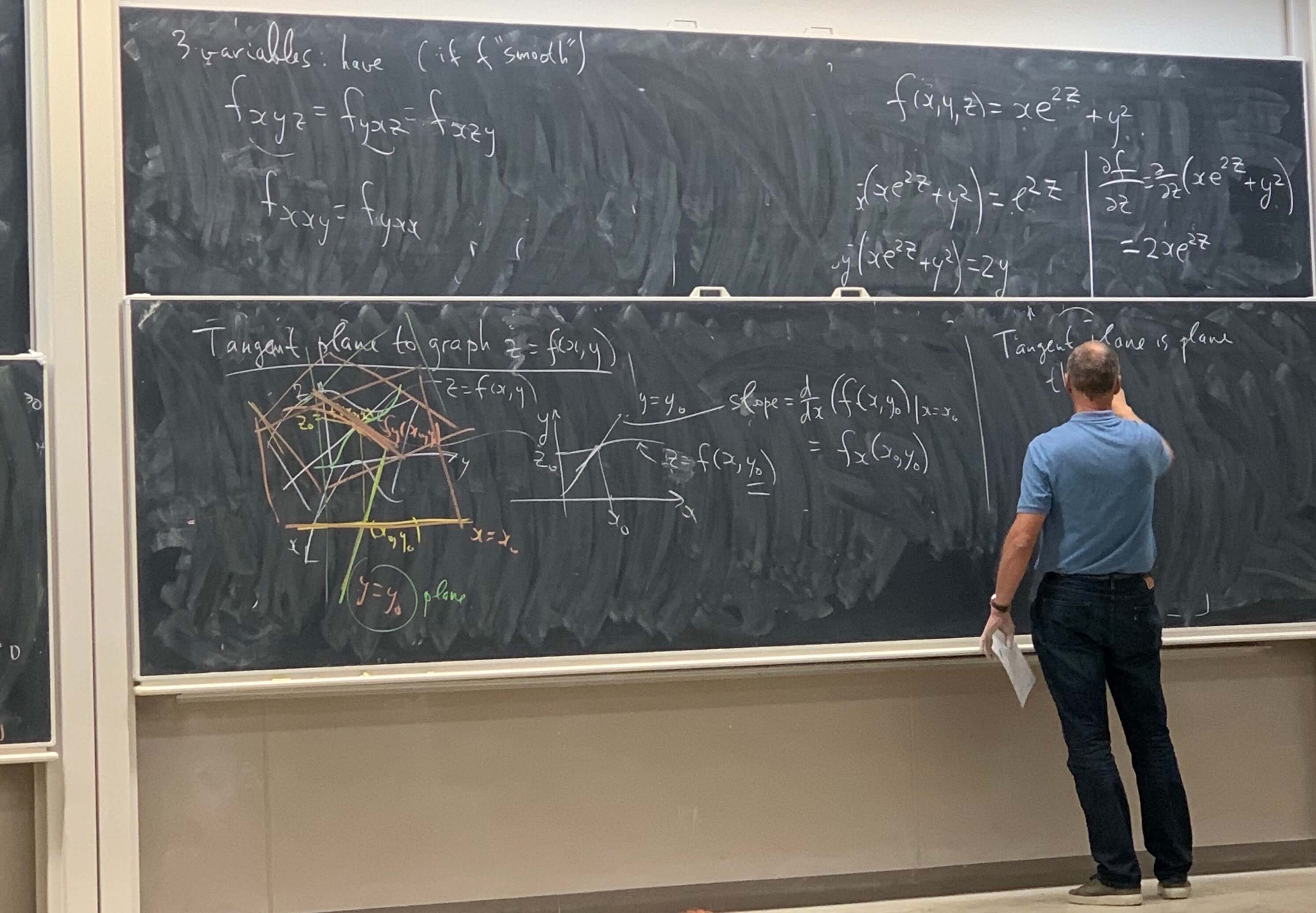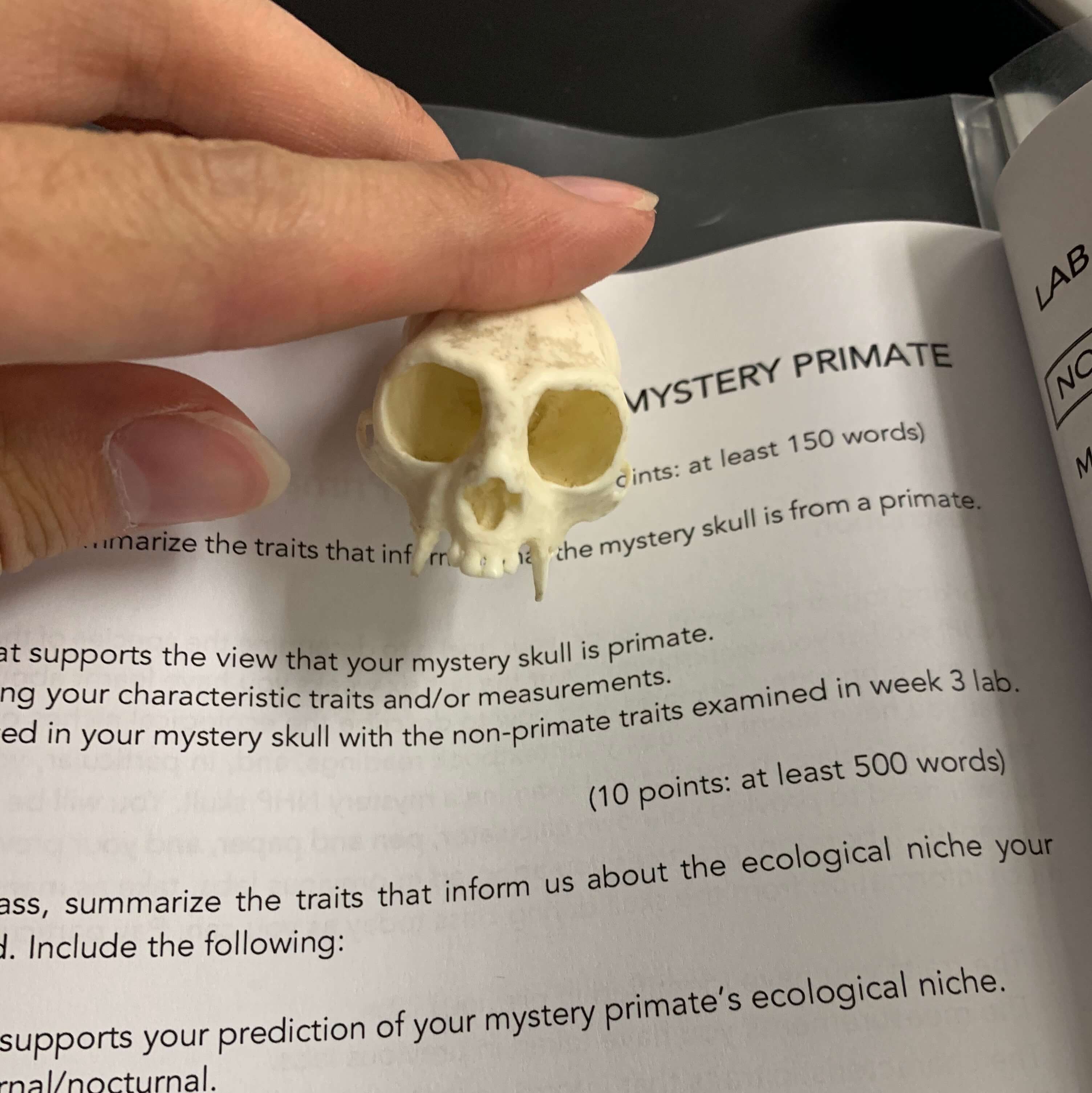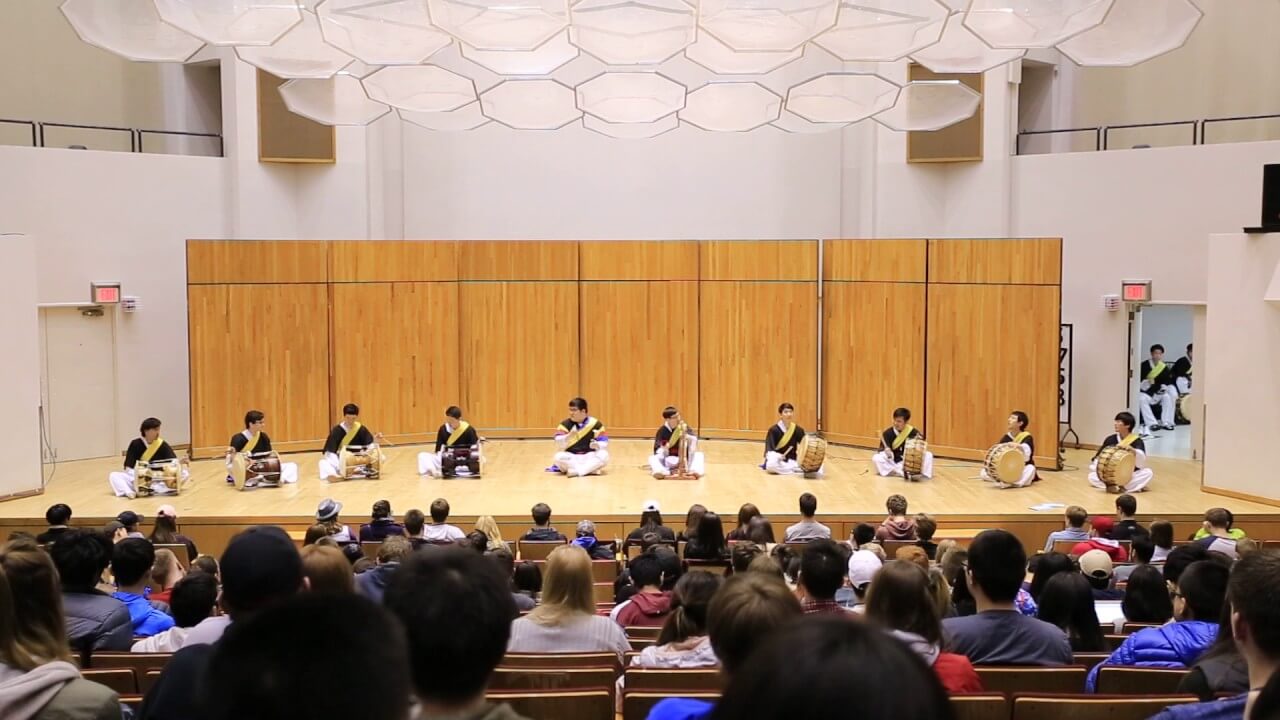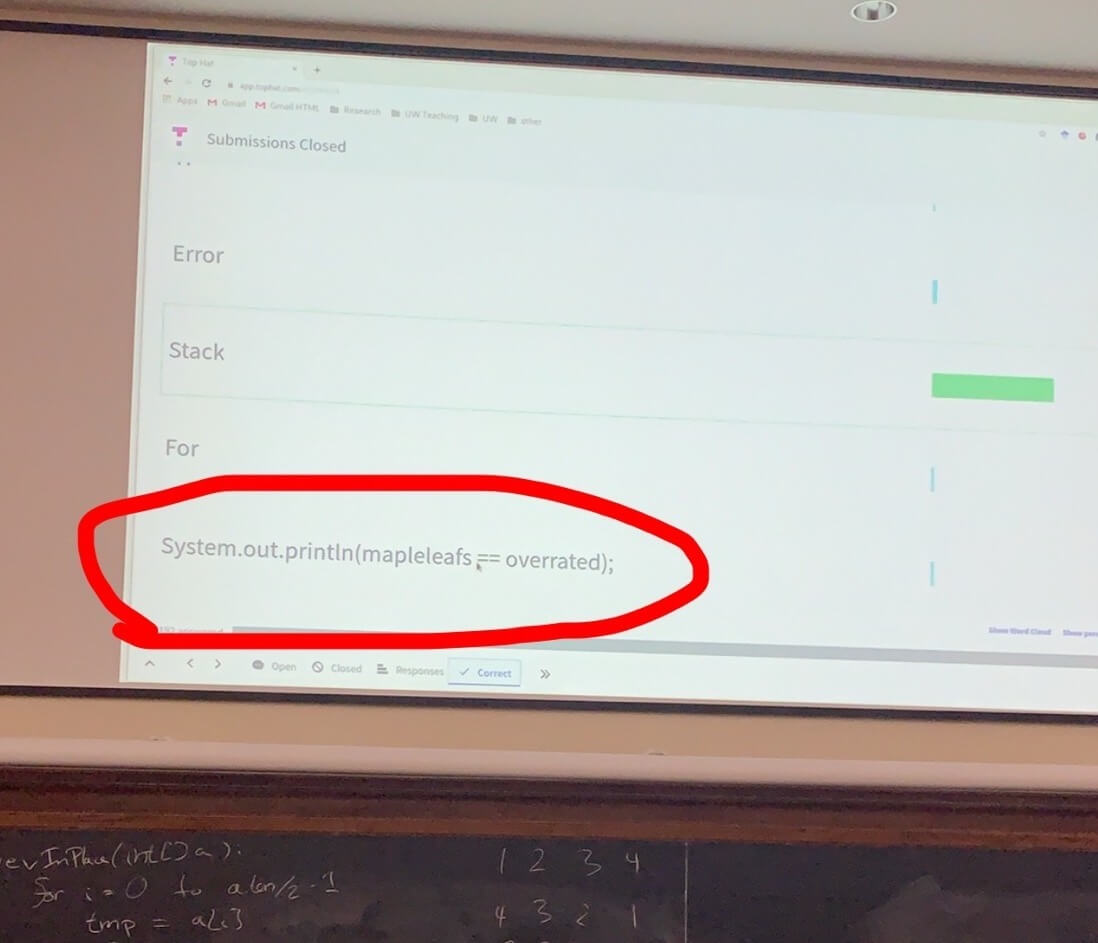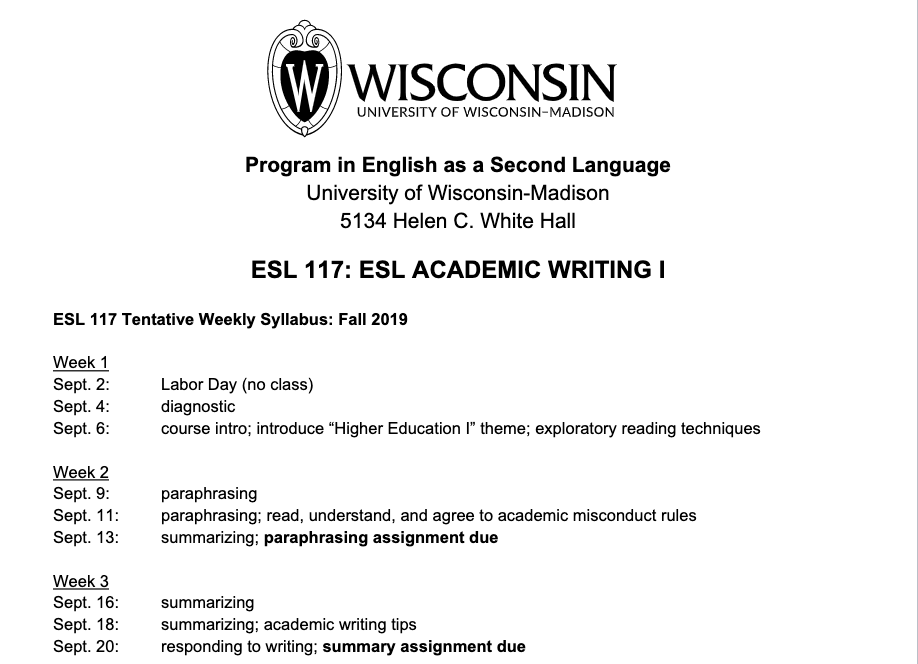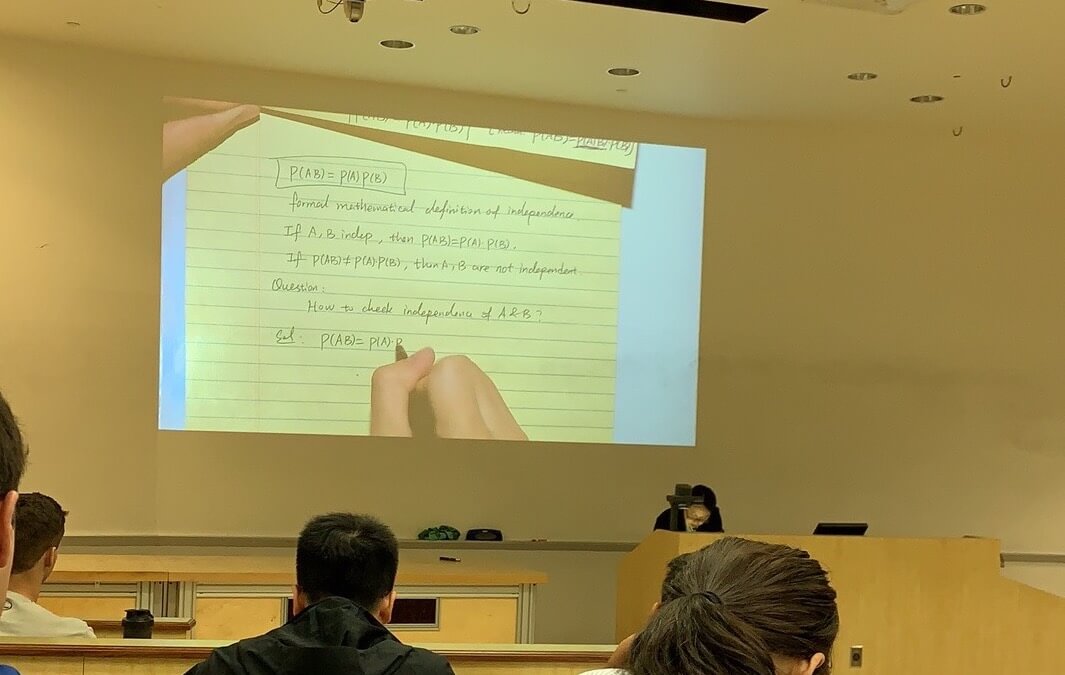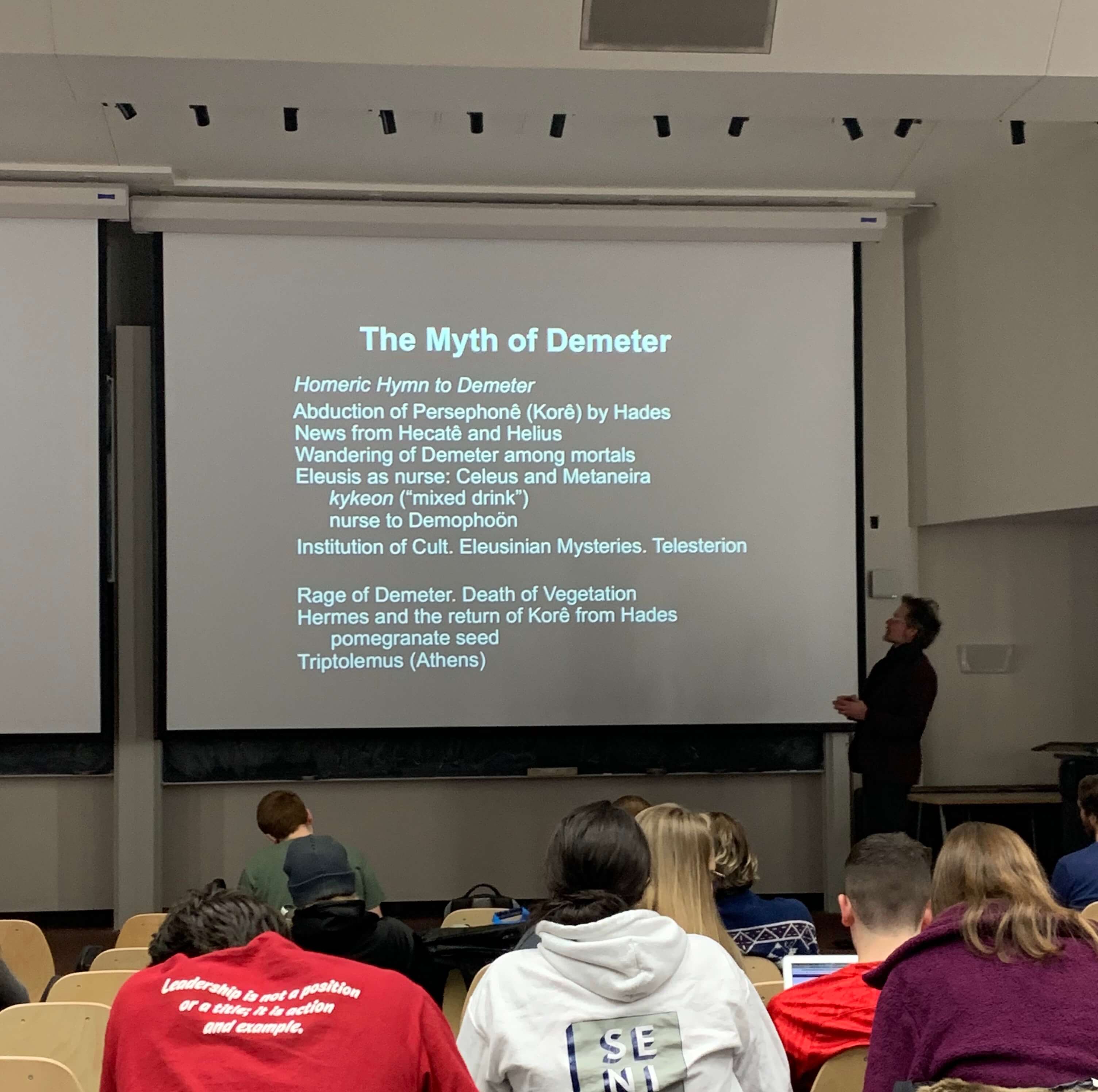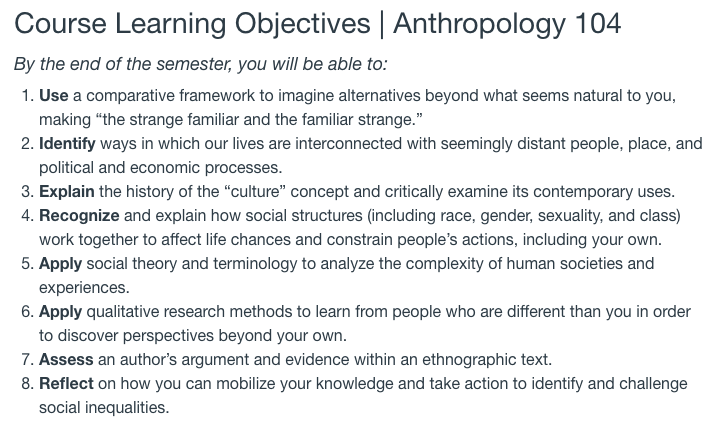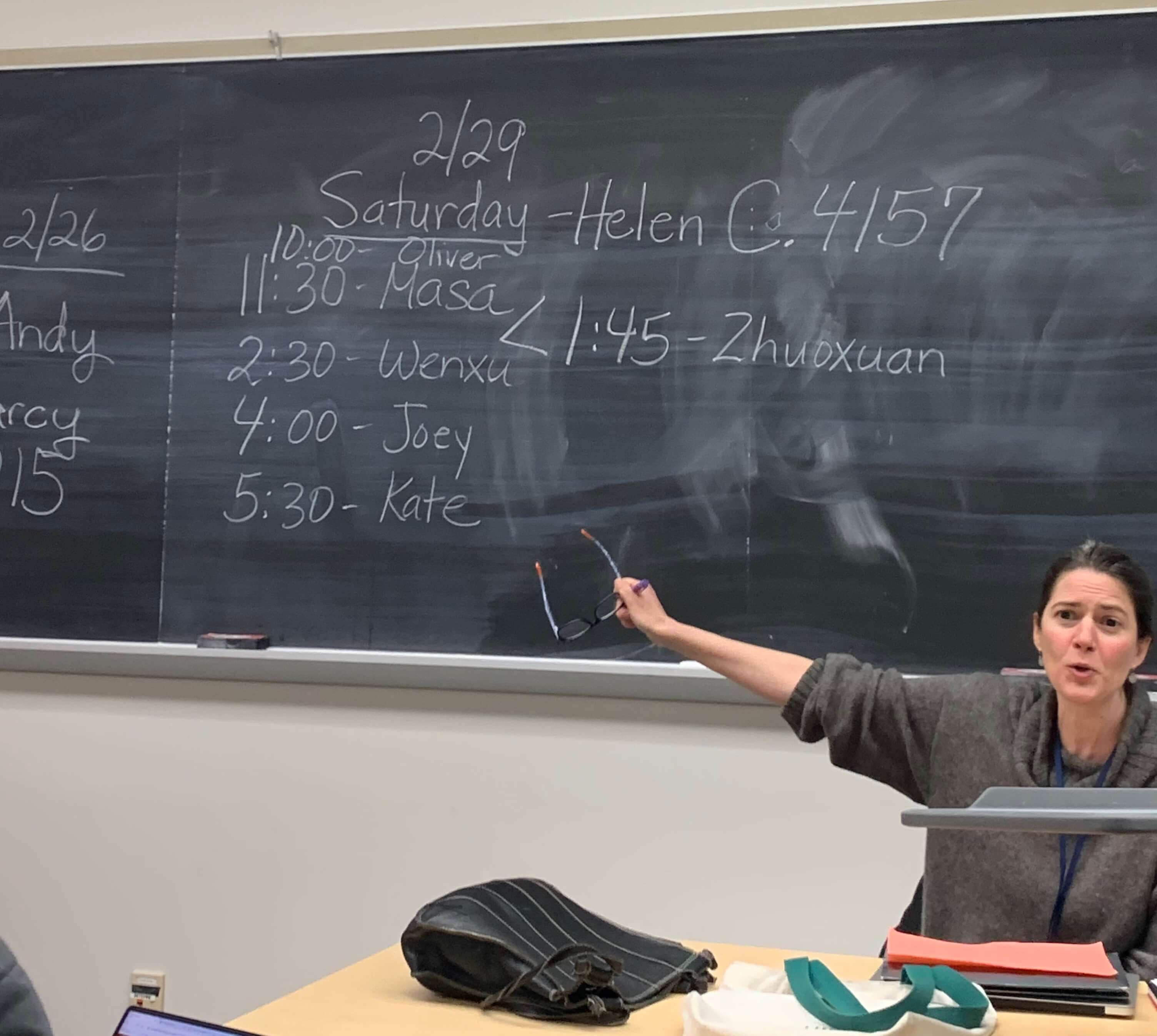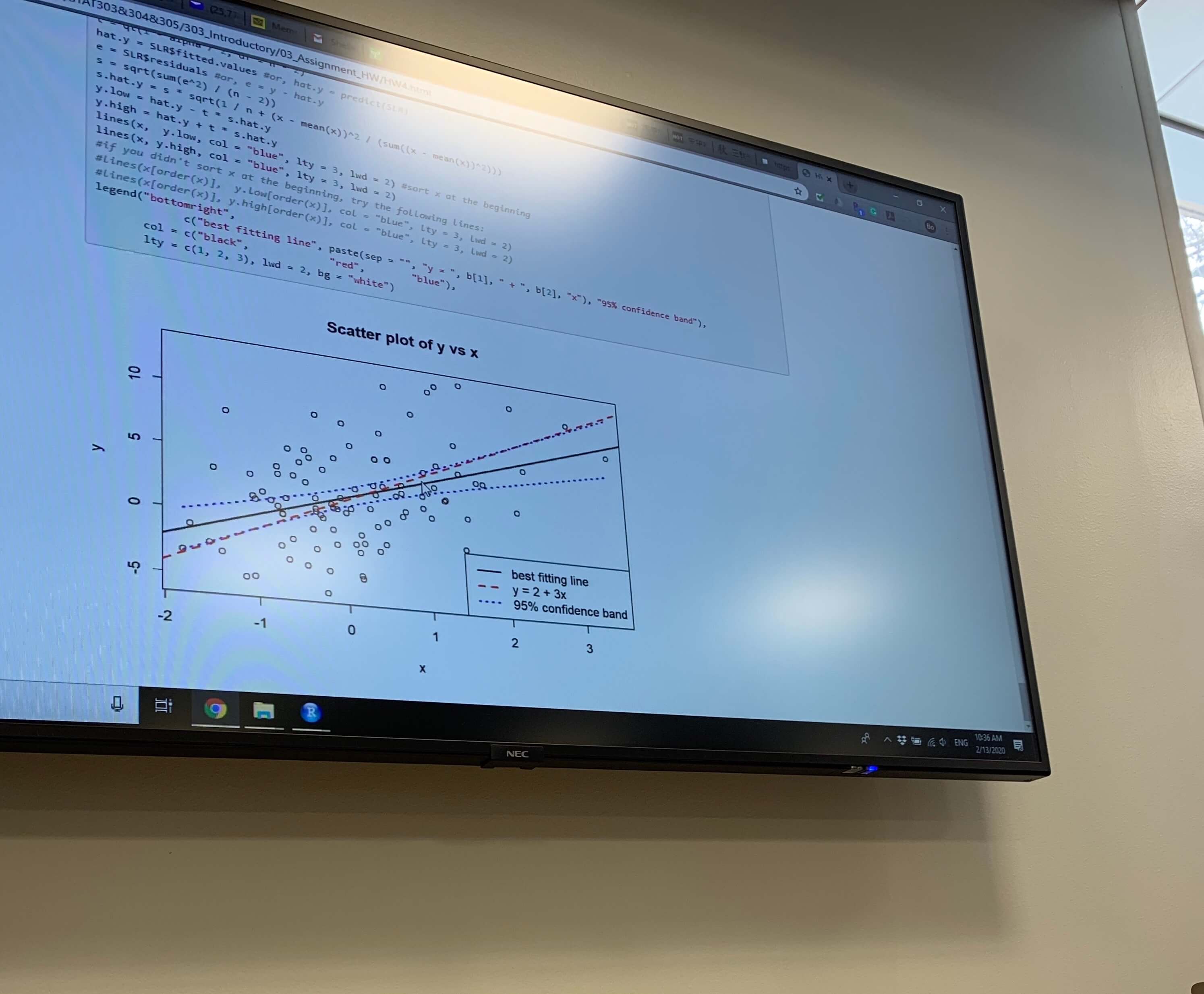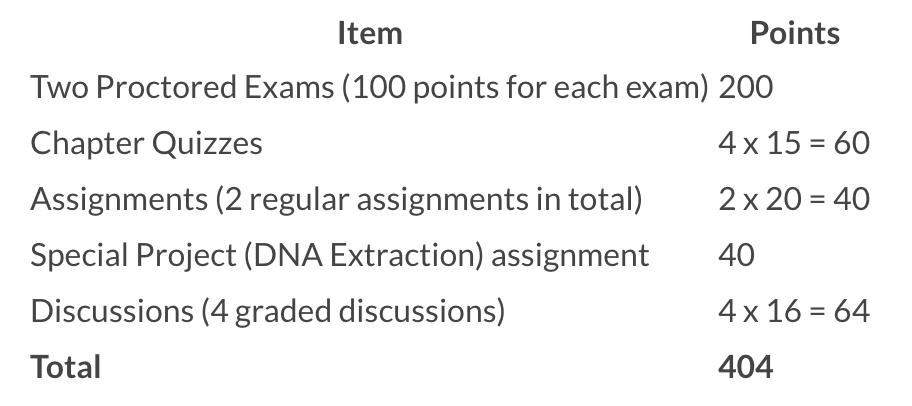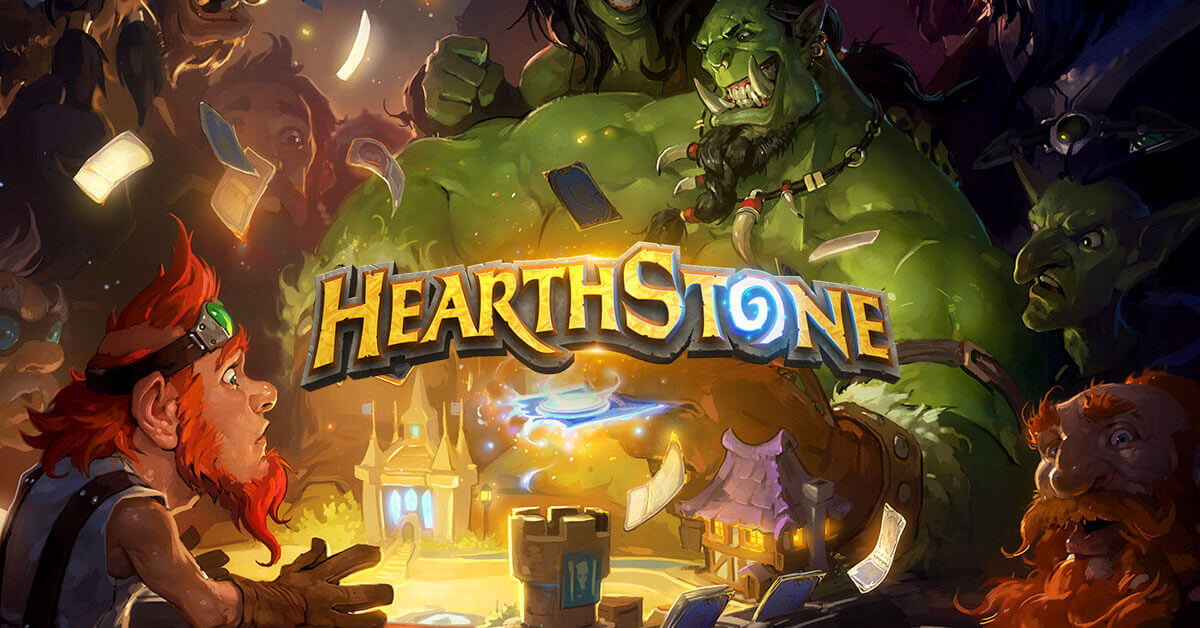Statistics Courses
| Course Catalog | Title | Semester | Instructor |
|---|---|---|---|
| STAT 301 (AP Statistics) |
Introduction To Statistical Methods | AP Transfer | N/A |
| STAT 309 | Introduction To Probability And Mathematical Statistics I | Fall 2019 | Panduan An |
| STAT 303 | R For Statistics I | Spring 2020 | Bo Yang |
| STAT 304 | R For Statistics II | Spring 2020 | Bo Yang |
| STAT 305 | R For Statistics III | Spring 2020 | Bo Yang |
| STAT 310 | Introduction To Probability And Mathematical Statistics II | Fall 2020 | Garvesh Raskutti |
| STAT 333 | Applied Regression Analysis | Fall 2020 | Hyunseung Kang |
Mathematics Courses
| Course Catalog | Title | Semester | Instructor |
|---|---|---|---|
| MATH 221 (AP Calculus AB) | Calculus And Analytic Geometry 1 | AP Transfer | N/A |
| MATH 222 (AP Calculus BC) | Calculus And Analytic Geometry 2 | AP Transfer | N/A |
| MATH 234 | Calculus--Functions Of Several Variables | Fall 2019 | Mikhail Feldman |
| MATH 341 | Linear Algebra | Spring 2020 | Justin Sukiennik |
| MATH/COMP SCI/STAT 475 | Introduction to Combinatorics | Summer 2020 | Alexander Hanhart |
| MATH 521 | Analysis I | Fall 2020 | Sergey Denisov |
| *MATH/I SY E/OTM/STAT 632 | Introduction to Stochastic Processes | Spring 2021 | N/A |
Computer Sciences Courses
| Course Catalog | Title | Semester | Instructor |
|---|---|---|---|
| COMP SCI 200 | Programming I | Fall 2019 | Marc Renault |
| COMP SCI 300 | Programming II | Summer 2020 | Hobbes Legault |
| COMP SCI/E C E 252 | Introduction To Computer Engineering | Fall 2020 | James Skrentny |
Honors Program Courses
| Course Catalog | Title | Semester | Instructor |
|---|---|---|---|
| ANTHRO 105 | Principles Of Biological Anthropology (Honors Optional) | Fall 2019 | Richard McFarland |
| STAT 309 | Introduction To Probability And Mathematical Statistics I (Honors Optional) | Fall 2019 | Panduan An |
| ANTHRO 104 | Cultural Anthropology And Human Diversity (Honors Optional) | Spring 2020 | Falina Enriquez |
| CLASSICS 370 | Classical Mythology (Honors Only) | Spring 2020 | Willian Aylward |
| ILS 203 | Western Culture: Literature And The Arts I (Honors Only) | Fall 2020 | Nandini Pandey |
| ECON 311 | Intermediate Microeconomic Theory - Advanced Treatment (Honors Only) | Fall 2020 | Raymond Deneckere |
| *ASIAN 244 | Introduction to Southeast Asia: Vietnam to the Philippines (Honors Only) | In the future | Michael Cullinane |
| *POLI SCI 182 | Politics Around The World (Honors Only) | In the future | Yoshiko Herrera |
General Education Courses
| Course Catalog | Title | Semester | Instructor |
|---|---|---|---|
| CHEM 103 (AP Chemistry) |
General Chemistry I | AP Transfer | N/A |
| ECON 101 (AP Microeconomics) |
Principles Of Microeconomics | AP Transfer | N/A |
| ECON 102 (AP Macroeconomics) |
Principles Of Macroeconomics | AP Transfer | N/A |
| PHYSICS 207 (AP Physics C Mechanics) |
General Physics | AP Transfer | N/A |
| POLI SCI 104 (AP U.S. Government and Politics) |
Introduction To American Politics And Government | AP Transfer | N/A |
| PSYCH 202 (AP Psychology) |
Introduction To Psychology | AP Transfer | N/A |
| BIO 141 (Online) | Heredity | Winterim 2019 at UW-Milwaukee | Kurt Kroening |
| ESL 117 | Academic Writing I | Fall 2019 | Joe Nosek |
| MUSIC 113 | Music In Performance | Fall 2019, Spring 2020, and Fall 2020 | Marc Vallon Andreas Oeste |
| ESL 118 | Academic Writing II | Spring 2020 | Kim Hagerich |
| CURRIC 277 | Videogames & Learning | Summer 2020 | Krista-Lee Malone / Yilang Zhao |
Course Details
MATH 234Another name for this course is Calculus III. This is the third and last course of the calculus series of courses at UW-Madison. It is a 4-credit class but does not have the workload for a 4-credit course. Professor Feldman's Russian accent was a little difficult to understand but it was not a big deal because self-teaching and TA are the two most important factors in this course. If you are to take this course, prepare to study by yourselves and make sure your TA is helpful. Feldman's three exams are easy. People normally take this class as a prerequisite for MATH 341. |
|
ANTHRO 105This is a popular course for fulfilling the biological science requirement. This course is about the evolution of primates, such as the origins, behaviors, and chacteristics of different species of primates. Lecuter slides are uploaded periodically. The discussion sections of this course are labs, following the structure of the lab notebook. Labs are generally group observations and individual writing tasks to answer the questions. There are two projects in the lab: mystery primate project and mystery hominin project, which are speculating species based on their skulls. Being able to observe skulls is important in the labs. Another reason I chose this course was that it was an honors optional course. To receive the optional honors credit, I was required to attend four honors talks (essentially lectures) and write four 800 words report regarding those talks. Here is my notes for one of those honor talks. |
|
MUSIC 113"Clap for credit (拍手课)". This is a one-credit course that can be repeated for at most three semesters. It is probably the easiest class at UW-Madison. There is only one class per week. The class is purely music
performance with a huge audience; you |
|
COMP SCI 200This is the introductory computer science class if you do not have AP Computer Science. It is notorious for its heavy workload. Tophat is used for attendence and participation by answering questions on it. There are weekly assignments that make up the complete cycle of learning in this course. There is zyBooks, zyLabs, and discussions. Discussions are labs in which you and another partner of yours work together to solve problems and discuss them with the TAs. One good thing that I can think of about this course is that the scores of the first two midterms can be overriden by the score of the final exam, which means that if you do well in the final, the scores of the midterms do not matter. Marc is from Canada and that is why there are answers like the picture on the left when answering problems on Tophat. |
|
ESL 117You can skip this class if you have a placement test score that place you into ESL 118 or you do well in the writing test that takes place in the first meeting of ESL 117. This course basically prepares you for writing skills and knowledge that you need for ESL 118. There are assignments that are almost daily and there are two big essays in total. The small assignments build up graduately to complete the whole essay. Individual conferences take place near the end of the semester and there are no classes during conference week. |
|
STAT 309It is an introductory probability class. Other equivalent classes include STAT 311 and STAT/MATH 431. This course is the prerequisite for STAT 310. It covers basic topics of probability and mathematical statistics such as various types of distributions, random variables, and their properties. This course is also honors optional, requiring attending two stats seminars and corresponding two reports. Here is an example of a seminar. |
|
CLASSICS 370This course fulfills the literature requirement (3 credits). The honor only session of this course which I attended has in-person discussion sections. Professor Aylward himself leads the discussion section. The regular session of this course has online discussions where students post answers to weekly questions and responses to others' discussion comments. The course material consists of basically Greek mythology and some Roman myths near the end of the semester. If you are interested in classic myths such as the Olympian gods (Zeus, Hera, Heracles, ...), you should certainly consider this course. If you are a student in the honors program of liberal arts, this course is an awesome honors only course that also satisfies the literature requirement under humanities. Another similar literature course that also has an honors only session is ILS 203. However, this course is more difficult than ILS 203. |
|
ANTHRO 104This course satisfies the ethnic requirement under breath. It is a very easy course overall. One important skill that you will need for this course to complete assignments such as reading responses and fieldwork is
how to |
|
ESL 118I am sure that you have heard about this course and its workload. However, compared to some upperclassmen that I personally know, this course which I took in Spring 2020 did not have as much workload as they had previously. I even felt like I had comparable workload in ESL 117 as I had in ESL118. The overall course structure is very similar to it of ESL 117. Three major essay make up the overall structure: SRP, GRP, and IRP and there are small assignments that go along with the essays to construct the skeleton of the course and help us to complete those essays. Presentation is also a requirement in this course because this course tends to satisfy the COMM A requirement. As long as you put effort into this course, A is not hard. Also, the instructor is very important and your grade depends a lot on the instructors. |
|
MATH 341This course is linear algebra based on proofs. If you are not a math major and only needs to fulfill the linear algebra requirement for other majors, MATH 340 should do it. But if you are a math major, MATH 341 will be the prerequisite for many upper level math courses. This course introduces basic concepts of linear algebra such as subspaces, linear tranformation, matrix, etc. Many theorems and propositions are introduced along with some of their proofs as well. The exams are not difficult but requires especially skills of proofs. Justin is a great instructor who gives clear lectures and addresses questions quickly. When this class turned online because of COVID-19, the lecture videos/notes were the best among all my other online courses. |
|
STAT 303/304/305Throughout this series of courses, R language is used. Only STAT 303 (Introductory Level) is required for statistics major, but STAT 304 and STAT 305 (Intermediate and Advanced Levels) can be helpful if you want to learn more about R. Each course is one-credit and lasts a month. The major grades in STAT 303 are quizzes (unlimited tries), homework assignments, and the final exam, which are all pretty easy. STAT 304 is similar to STAT 303 but it does not have an exam. STAT 305 is again similar but it does not have an exam and does not have quizzes. Homework assignments in 304 and 305 take some time to complete. Dr. Bo Yang has been teaching these three courese for a while. Prepare to learn by yourselves a lot. |
|
BIO 141 (UW-Milwaukee Online)I took this course during the Winterim 2019 because I needed 3 credits of biological science. This one-month course has these items on the left to complete over the period of time. It is a fast-paced course with all these assignments. But the credits can be transferred as long as you earn at least a C in the course. It is also much cheaper than credits at UW-Madison ($789 for three credits). Here is a link to apply on UWC. |
|
CURRIC 277Yes, that's right! This is the course in which you are kinda required to play games. The most important assignment in this course is the final paper which is 8-10 pages. There is a list of approved game that you can choose to play and write about in the final paper; you can certainly request other games as well. This is an online courses even before the pandemic. Each week there is some reading involved and students need to post discussions on canvas. There are also journal entries which you should write to reflect on your gaming experiences of the game you chose. I chose Hearthstone for this course and it was a brand-new game for me. As long as you pay attention to the learning process in playing games and complete the required assignments (which is not much), this course is very easy! |
|
CS 300Fundamental Comp Sci course in our school. If you have prerequisite for this course, do not hesitate to take it. The basic topics include CS 200 level knowledge, Object-Oriented-Programming, classes, linked lists, stacks and queues, recursion, binary search tree, etc. This can be an easy course if you take CS 200 or have previous programming experiences. If you are a CS major or considering a CS certificate, you can declare these two after completing this course. Mouna is a good professor to take this course with. She has a little bit of accent, but are very responsive of questions and makes important concepts and ideas clear and easy to understand. |
|
MATH 475Combinatorics is all about counting things. If you are into counting, this might be the course for you. The fundemental topics include permutations and combinations, the Pigeonhole Principle, binomisl coefficients, inclusion-exclusion principle, recurrence relations, generating functions, etc. I took this course during the summer term (8-week) and it was kinda fast-paced. Every week has two homeweek assignments expect for exam weeks. The homework assignemts take hours to complete. There is an exam bi-weekly. But for a normal semester, it may be a little bit better. I think it is a good course for math, stats, or cs major students to take since this course is a crossover of these three courses. And we are using a textbook written by a professor emeritus at our school: Richard A. Brualdi. |
